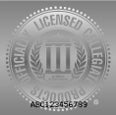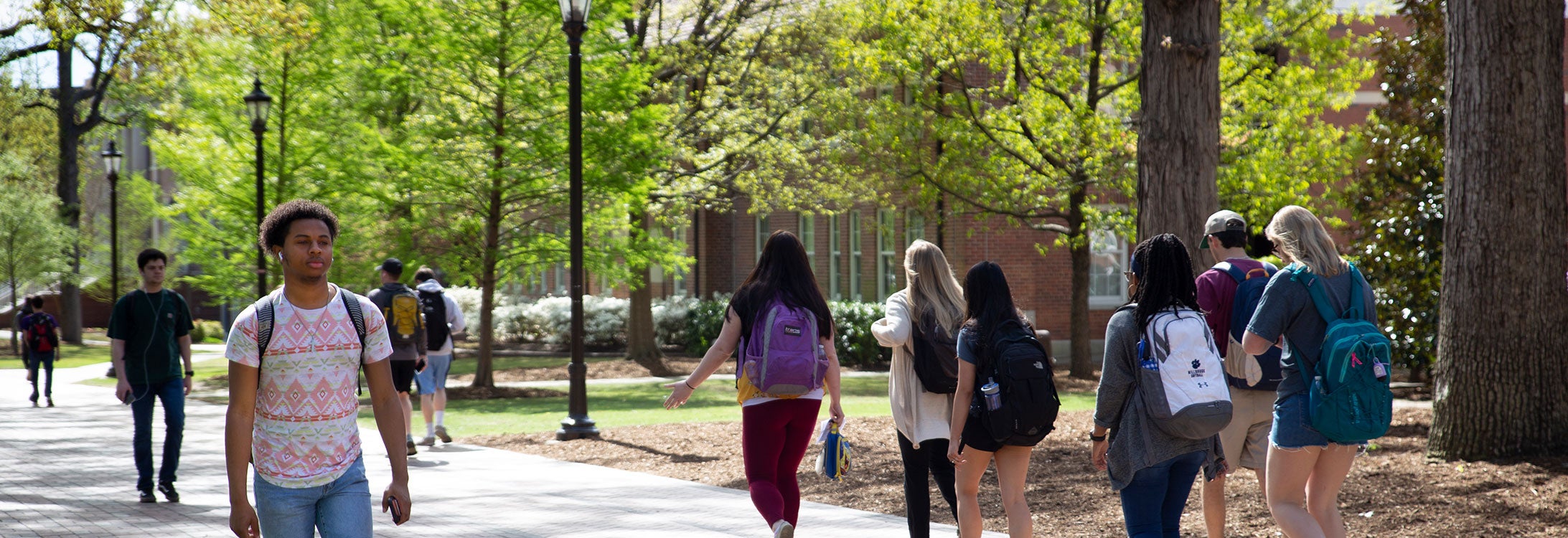FAQs
Below is a list of the most common questions asked regarding the ECU trademark licensing program. If a topic you have questions about is not covered, please visit the ‘Contact Us‘ page and send your request to the appropriate individual.
What is the purpose of the ECU Licensing program?
East Carolina created a licensing program in 1983 to protect the use of its (East Carolina University) name and marks by ensuring that products bearing the University’s marks are properly controlled. To accomplish this, the University has established formal licensing procedures that also enable the institution to share in the benefits derived from the commercial use of both its name and symbols.
What if I want to use a third party and include their image on my product(s)?
ECU is not responsible for approving the graphics from a third party. Use of property owned by a third party must be approved by that entity. All university associated entities must use official marks of the university to represent their divisions, departments or organizations.
What marks may be used to represent the University?
East Carolina University has designated that only officially licensed trademarks may be used to represent the University. These marks are represented throughout the various pages of this site. All marks of the University are protected. Generic pirate and skull and crossbones representations should not be used to represent East Carolina University.
What types of products may be licensed?
A wide variety of products are licensed for the University, including apparel and non-apparel items. The University will consider any product, but no product will be licensed until the University has approved it.
What happens when a trademark is used without permission or without a license?
Any use referencing the University requires the express written permission of the University and The Collegiate Licensing Company. The University legally protects its marks and the institution’s image through the Trademark licensing program. Unlicensed representation and/or use of university trademarks are subject to state and federal anti-counterfeiting laws.
What are the laws pertaining to licensed trademarks and products?
North Carolina state laws and United States federal laws prohibit the use, reproduction and counterfeiting of licensed trademarks and infringement of these policies is punishable in varying degrees, depending on the type and severity of the infringement.
Some possible penalties for trademark infringement include:
- Class 2 misdemeanor: possessing items with retail sales value (RSV) under $3,000
- Class I felony: possessing items with RSV between $3,000 and $10,000
- Class H felony: possessing items with RSV exceeding $10,000
- Class H felony: knowingly producing/reproducing counterfeit items
Additionally, the plaintiff may be entitled to:
- Triple the damages the plaintiff sustained, OR
- Triple the profits the defendant made.
Important links regarding penalties and trademark licensing include:
- North Carolina Department of the Secretary of State
- Lanham Trademark Act of 1946
- Cornell Law School, Legal Information Institute: US Code 15, Chapter 22
How do I tell if merchandise is licensed?
The “Officially Licensed Collegiate Products” hologram appears on all licensed merchandise for the University and the other Consortium members of CLC. Any merchandise not bearing these labels for schools represented by The Collegiate Licensing Company, but using a University mark may represent an infringement of trademark punishable by law.

CLC Hologram

CLC Hangtag (not to scale)
What if I do not see the “officially licensed” label or find a product is not licensed?
Please notify the University Trademark Licensing Office of any suspect products to help protect the University’s name and image. Companies who produce and sell unlicensed (counterfeit) products do not support the Pirates financially, unlike those who are licensed by the University. Unlicensed products may present an image inconsistent with that being set forth by the University. If you would like to report counterfeit merchandise or have a question regarding the authenticity of any product, please contact The Collegiate Licensing Company or University Trademark Licensing Office.
What procedures do university and student organizations follow when producing items to represent the University?
University and student organizations cannot develop their own marks and must use official marks of the University. A standard approval process has been established. Please go to Logo Review and Approval Process for further information.
